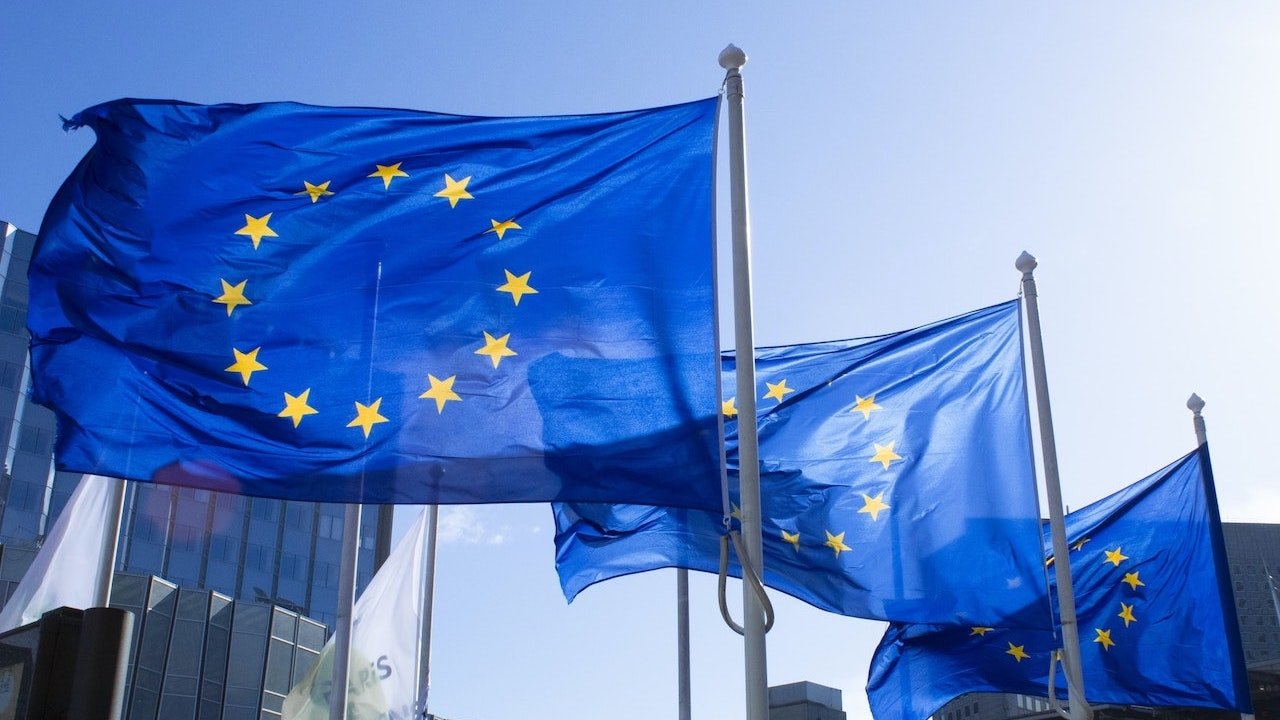While many developers and agencies have accused Apple of shirking its requirement to comply with the Digital Markets Act, Apple has provided an outline of changes it believes will appease the European Union now, and in the future.
On Thursday, Apple declared the actions it has taken to bring its iOS platform into compliance with the Digital Markets Act (DMA) now, and what it will do over the next two years. The changes include giving users more control over preinstalled apps and providing developers increased access to user data.
As expected, and as it has done before, Apple begins the document by accusing the DMA of requiring changes to iOS “that bring greater risks to users and developers.” It specifically lists “new avenues for malware, fraud and scams, illicit and harmful content, and other privacy and security threats” as concerns that could be caused by downloading apps outside of the App Store.
However, Apple still outlines its plans to align its operating systems with the DMA, though the timeline extends into 2025.
Before 2024 is over, Apple will allow EU users to completely delete Safari from iOS if they should so choose.
Developers will have access to enhanced app analytics by the end of 2024. Apple states that it is developing a secure system that allows developers to access users’ personal data, provided that users have consented to share it.
Apple is working on a browser data export/import feature to transfer relevant data between browsers on the same device. The feature is expected to launch by late 2024 or early 2025.
Apple plans to improve its data portability outside the iPhone ecosystem. Currently, some third-party providers offer migration solutions for transferring data between devices with different OSs. To expand on these options, Apple is developing a solution to assist mobile OS providers in creating streamlined data transfer options from iPhones to non-Apple phones, launching by fall 2025.
The latest version of iOS 17.4 gives enhanced controls to users for selecting default apps to handle web browsing and email. Apple plans to introduce a new default control for navigation apps in Settings by March 2025.
The Digital Markets Act is a series of regulations aimed at tech giants like Amazon, Apple, Google, and others. These laws aim to ensure fair competition by restricting the amount of priority a company can give to its own first-party services.
For its part, Apple has already made a few changes to bring itself in line with the DMA. Developers in the EU are now allowed to sell apps outside of the App Store, though it’s not always immediately apparent who benefits from making the switch.
Many argue that Apple’s solution isn’t viable for anyone — including some of the biggest developers out there. In January Microsoft executive called Apple’s new EU policy to comply with the DMA “a step in the wrong direction.”
Spotify, Epic, Proton, and dozens of others recently signed a letter to the European Commission, demanding the agency look what they feel is Apple’s lack of compliance with the Digital Markets Act.
Apple recently made three key changes to how it handled third-party app marketplaces after speaking to developers.


